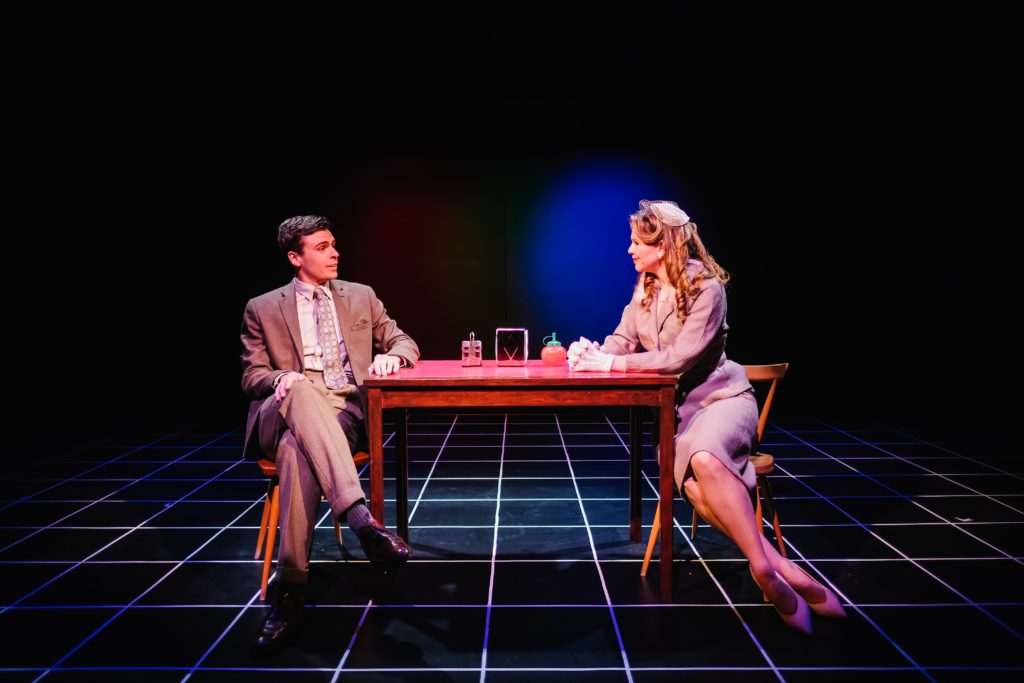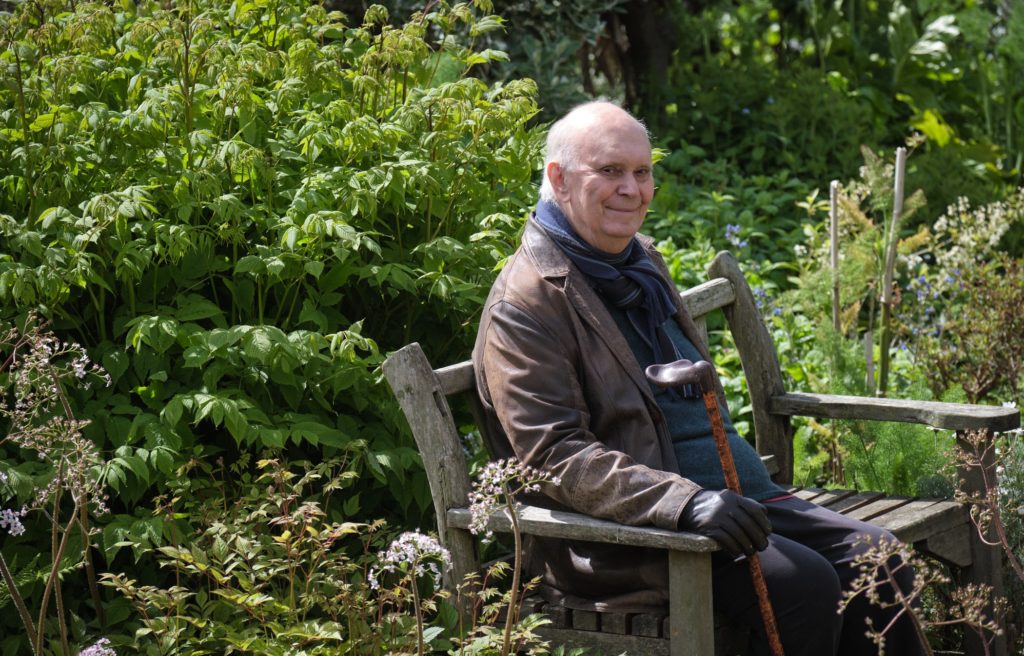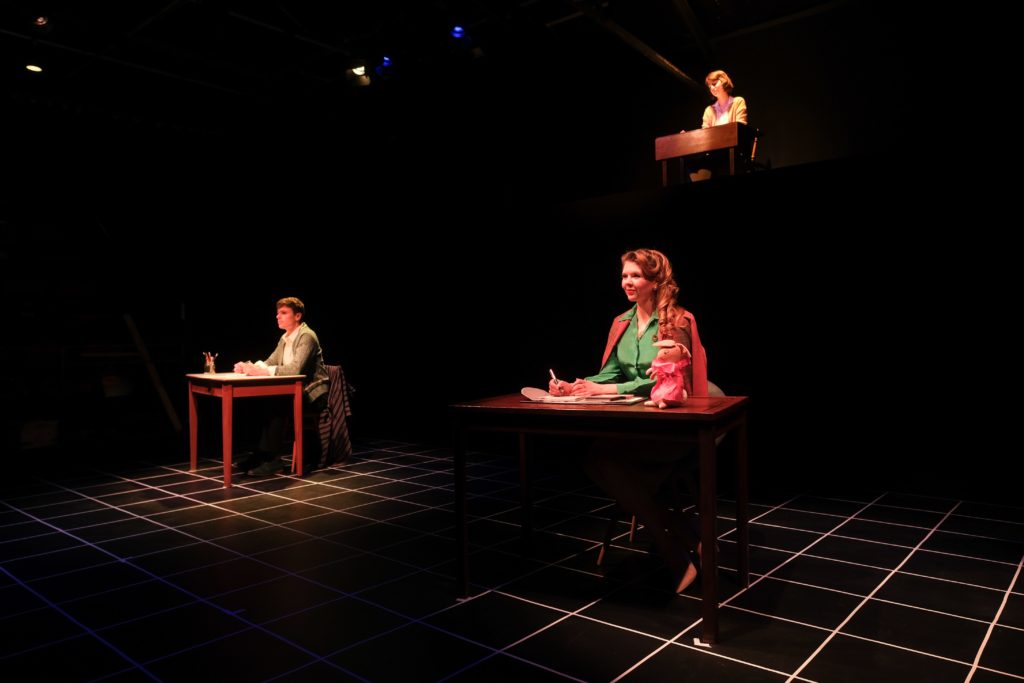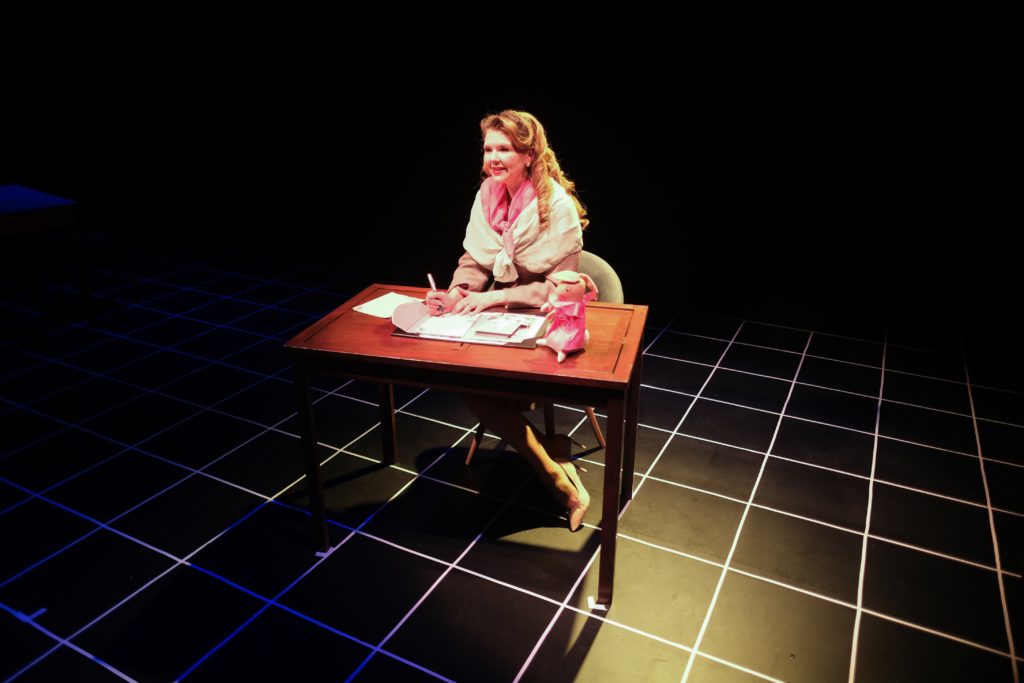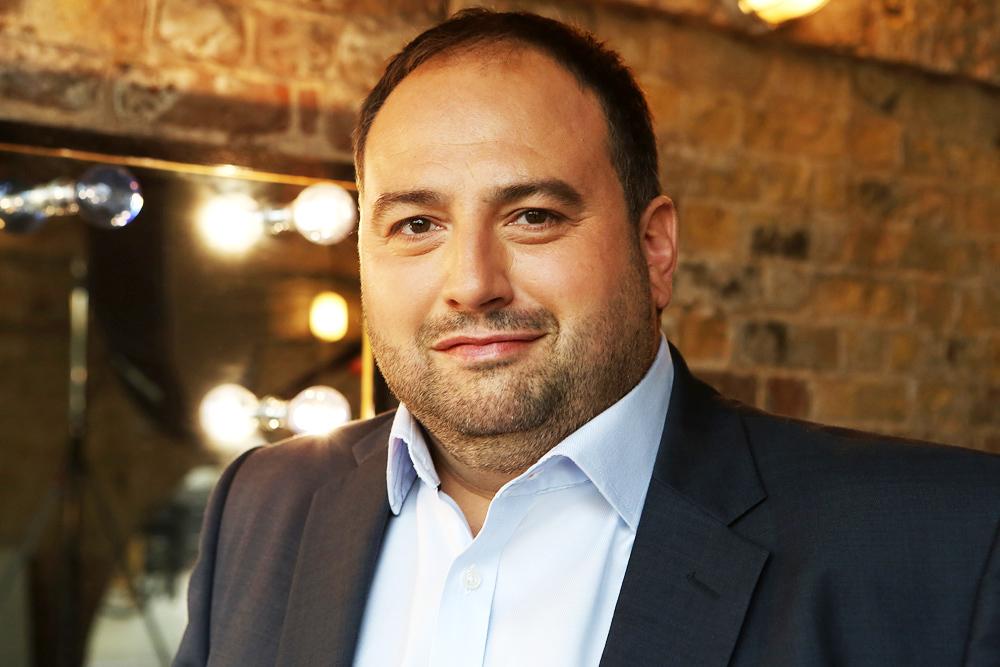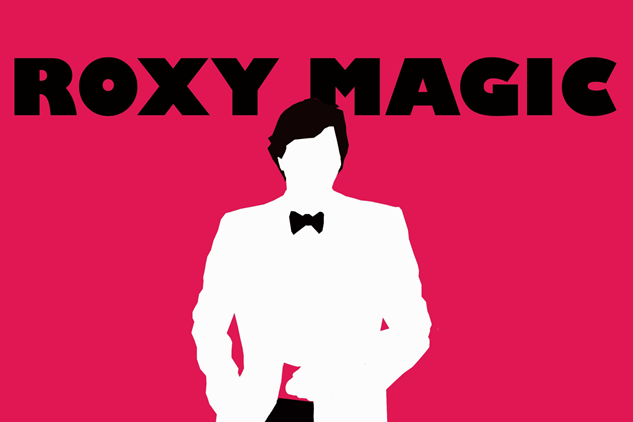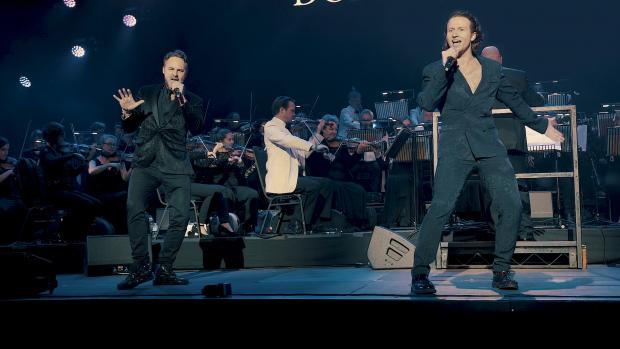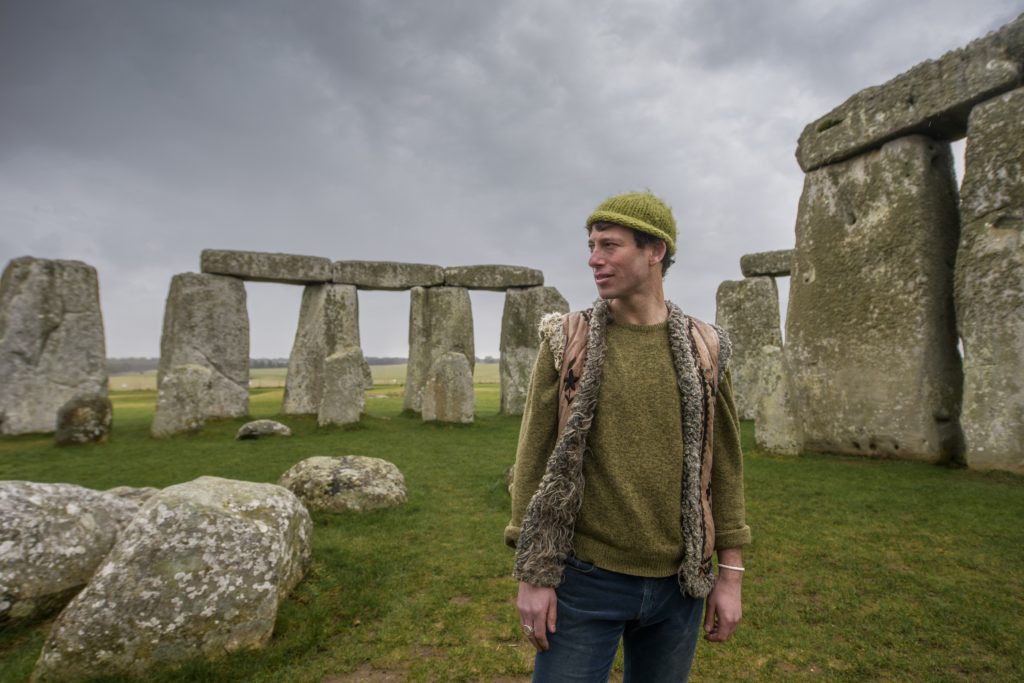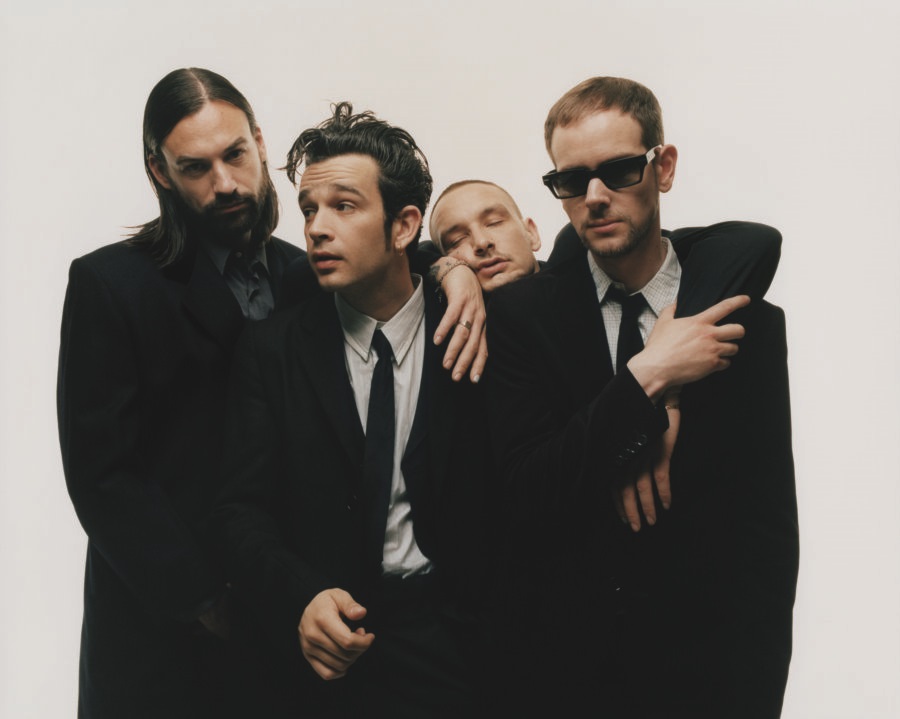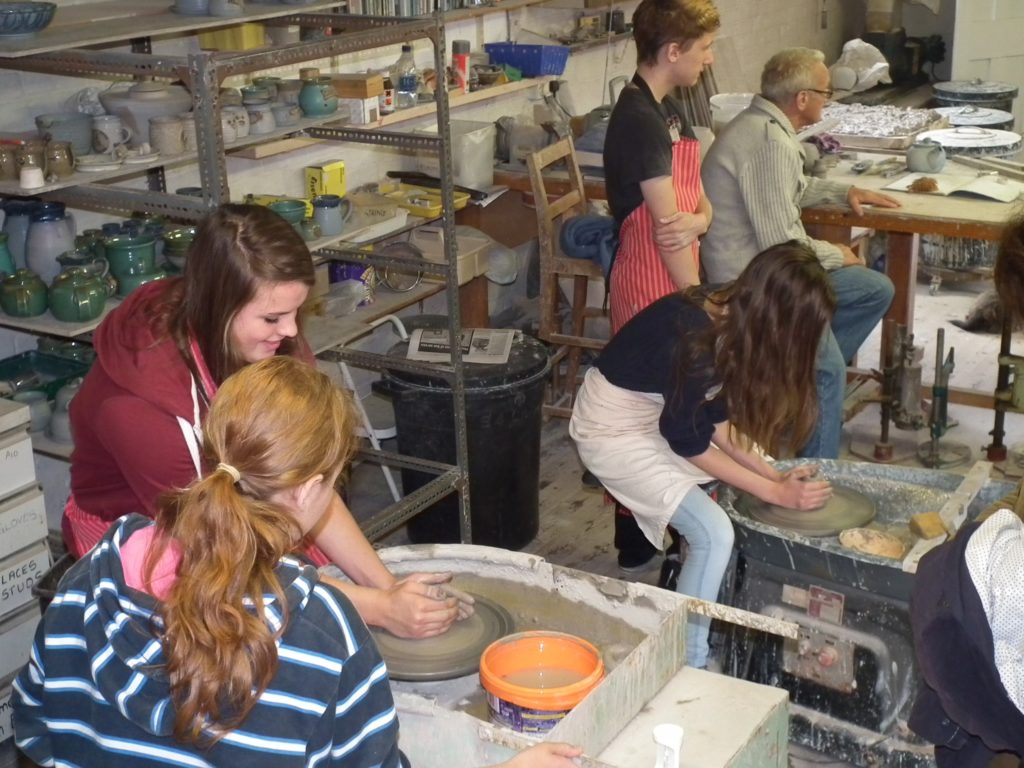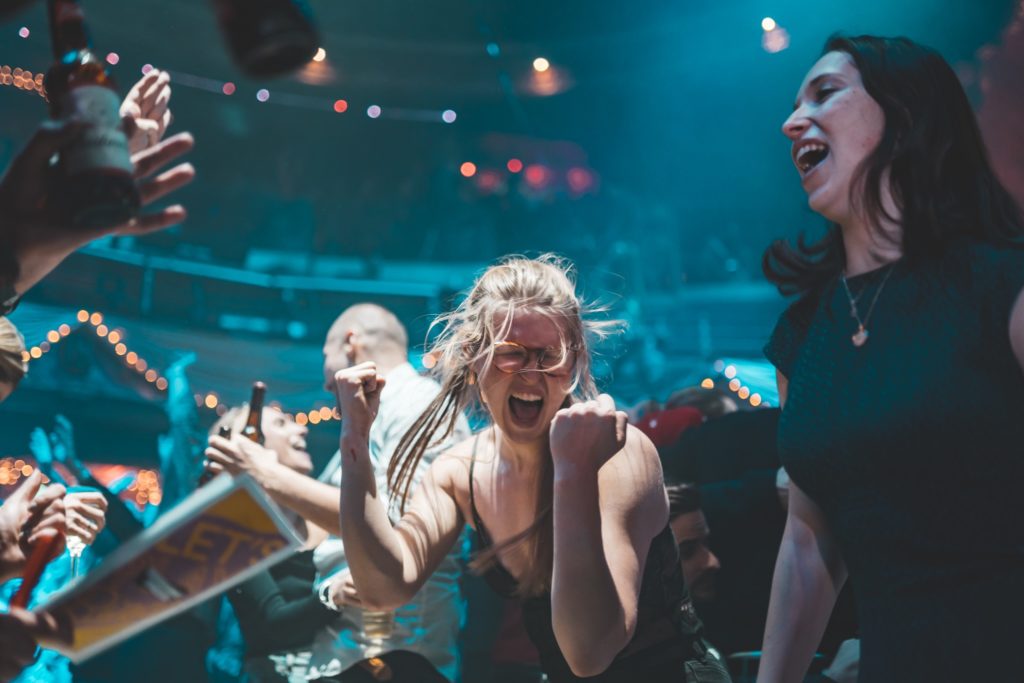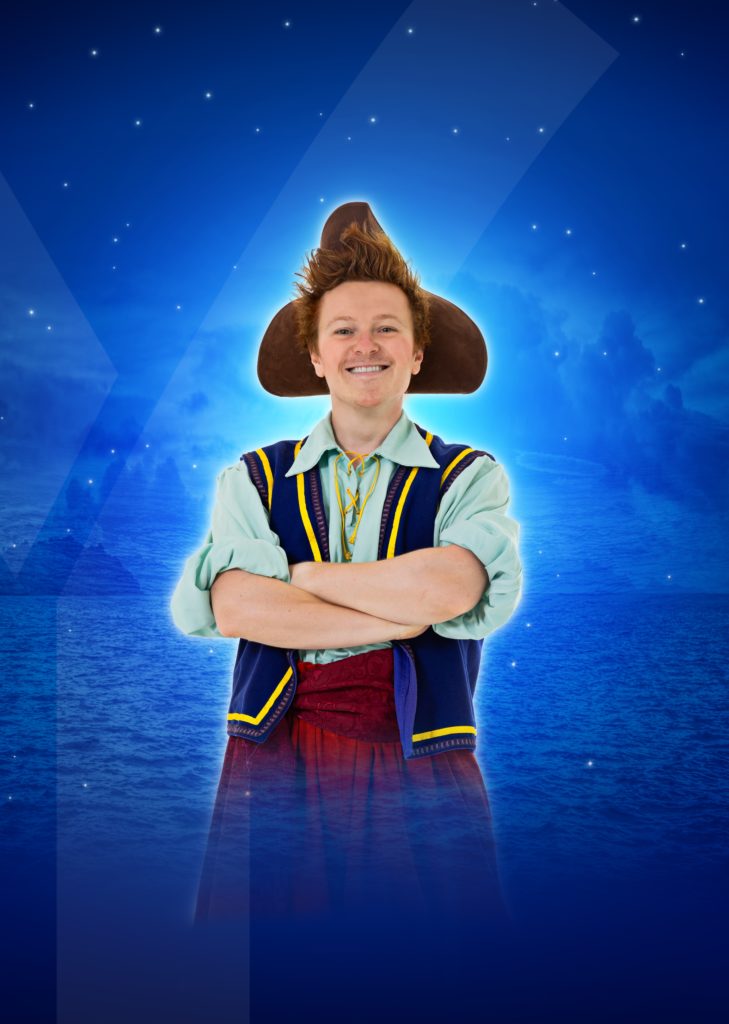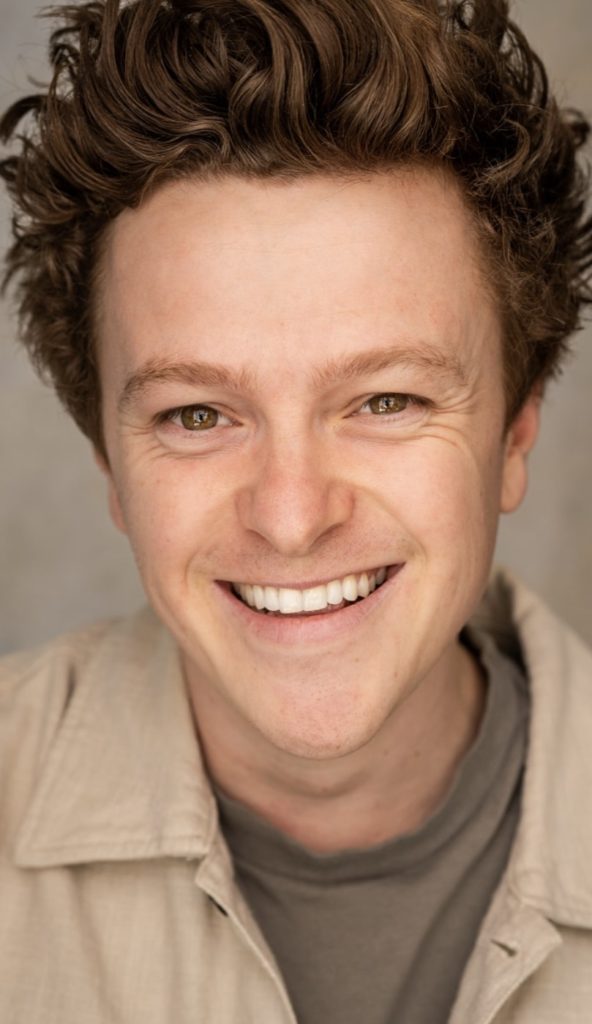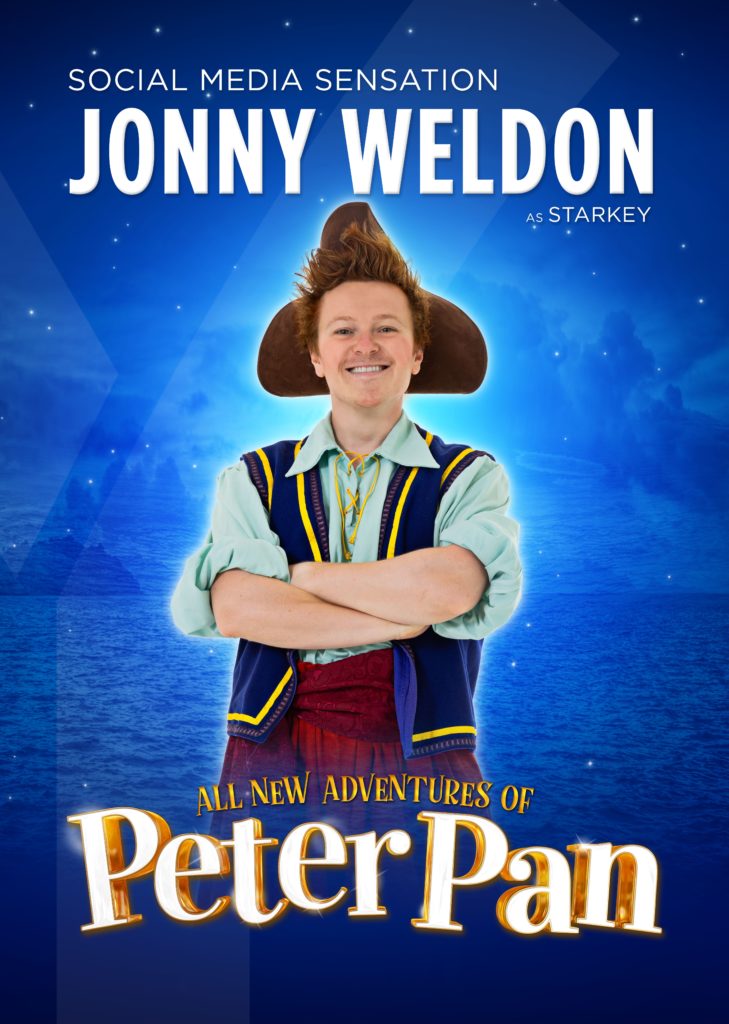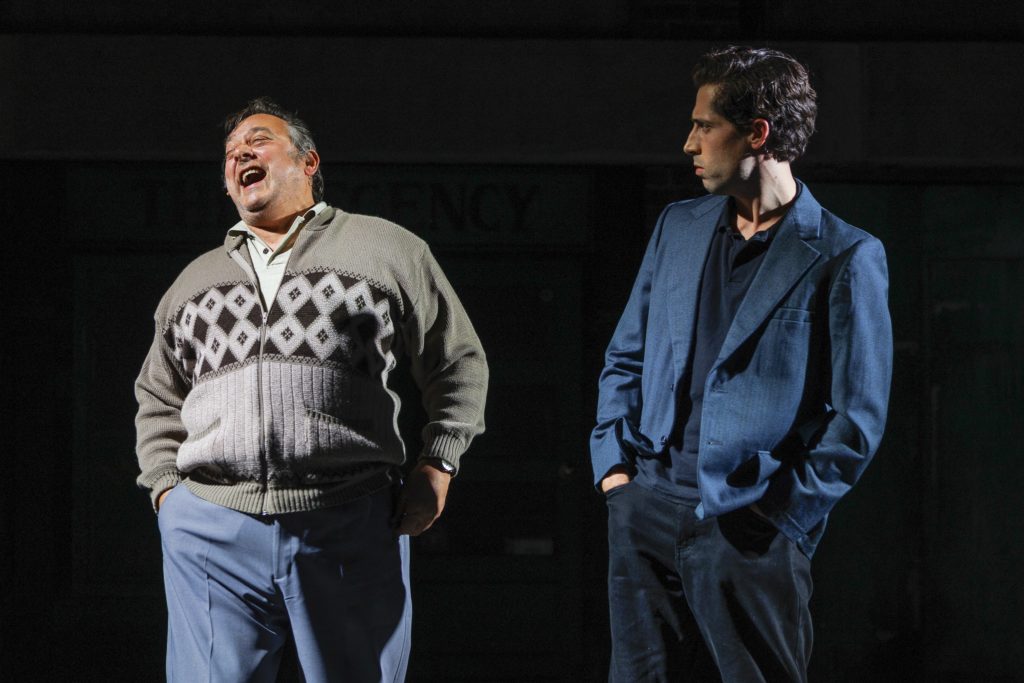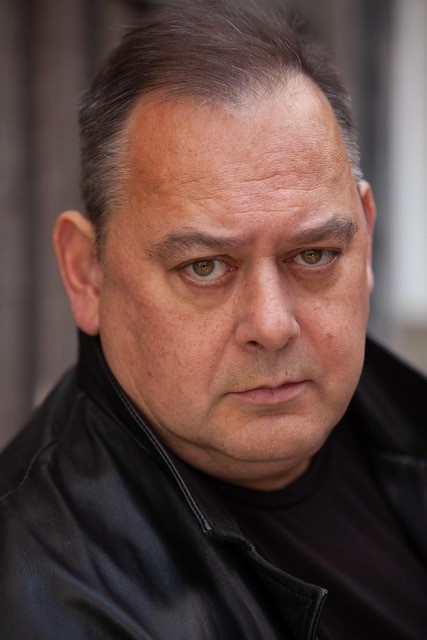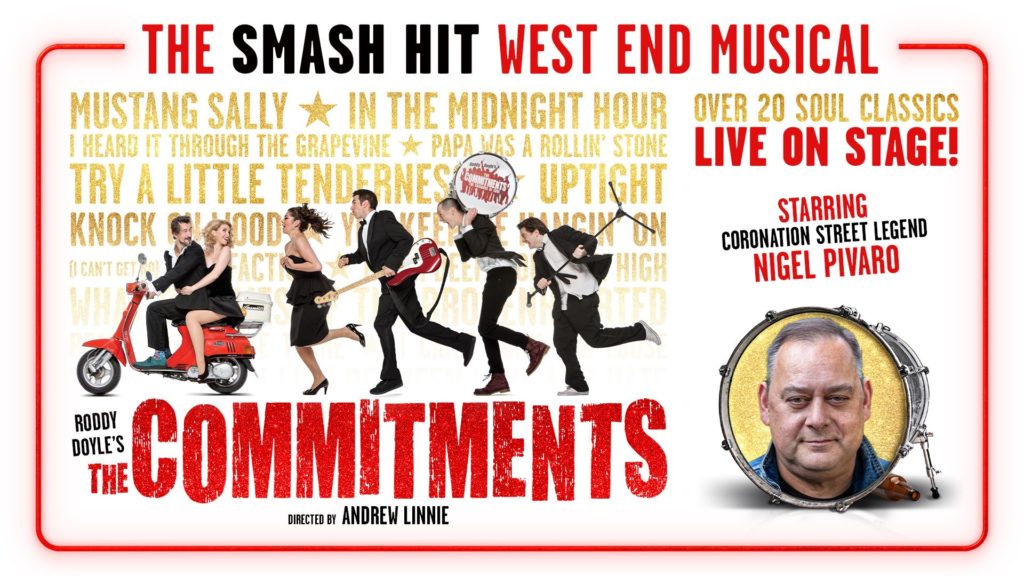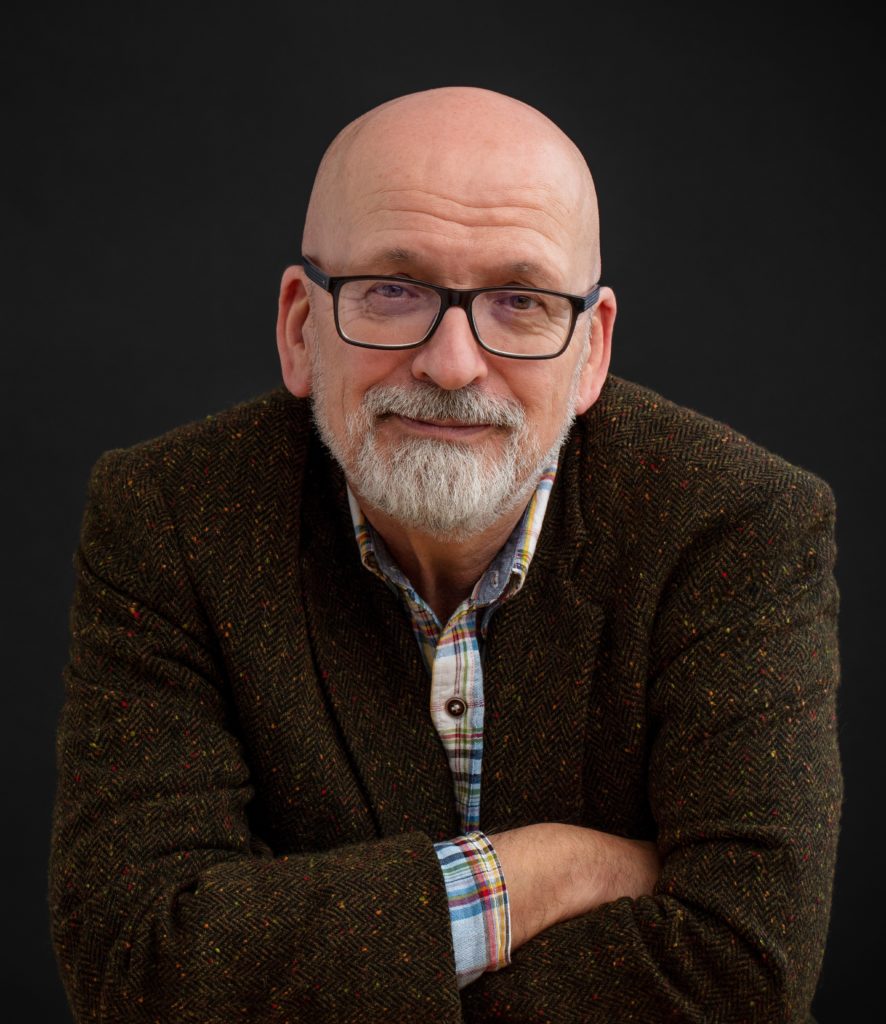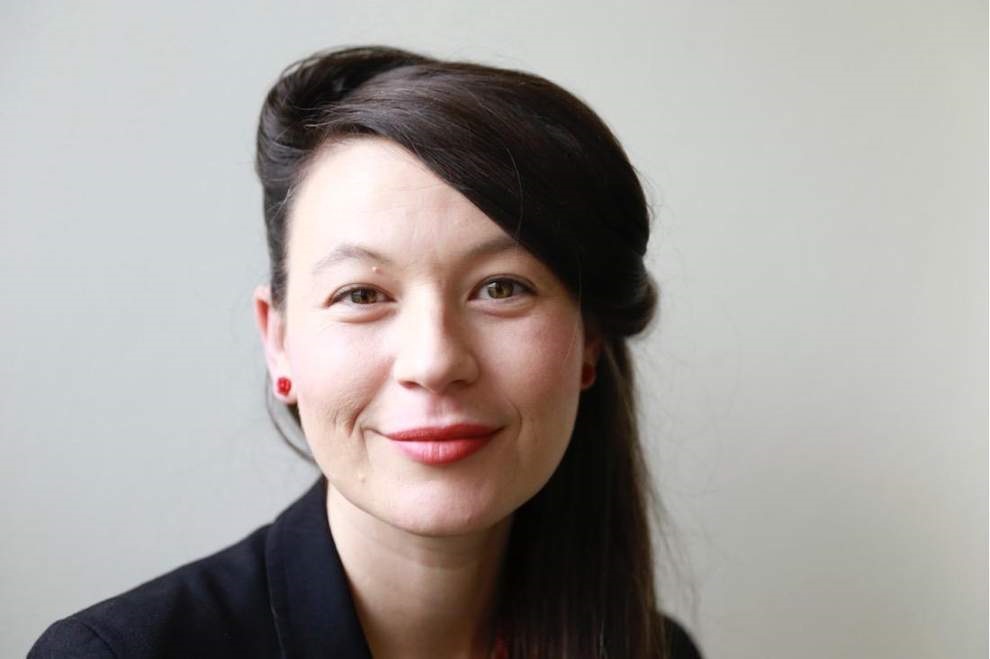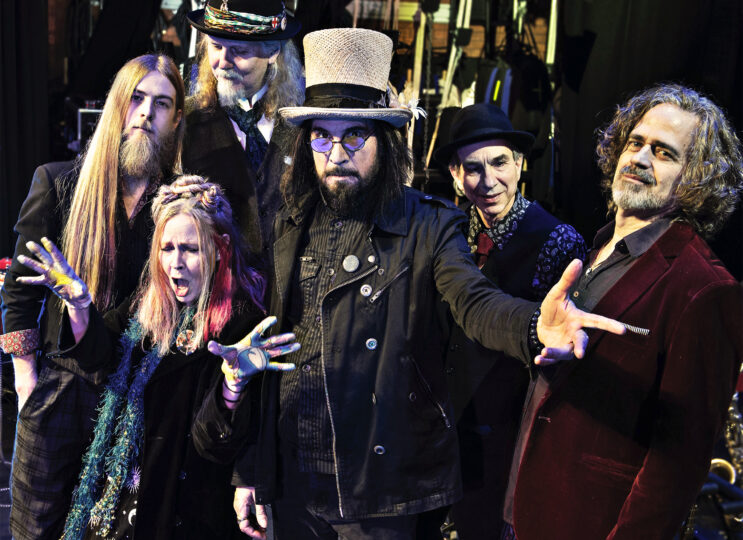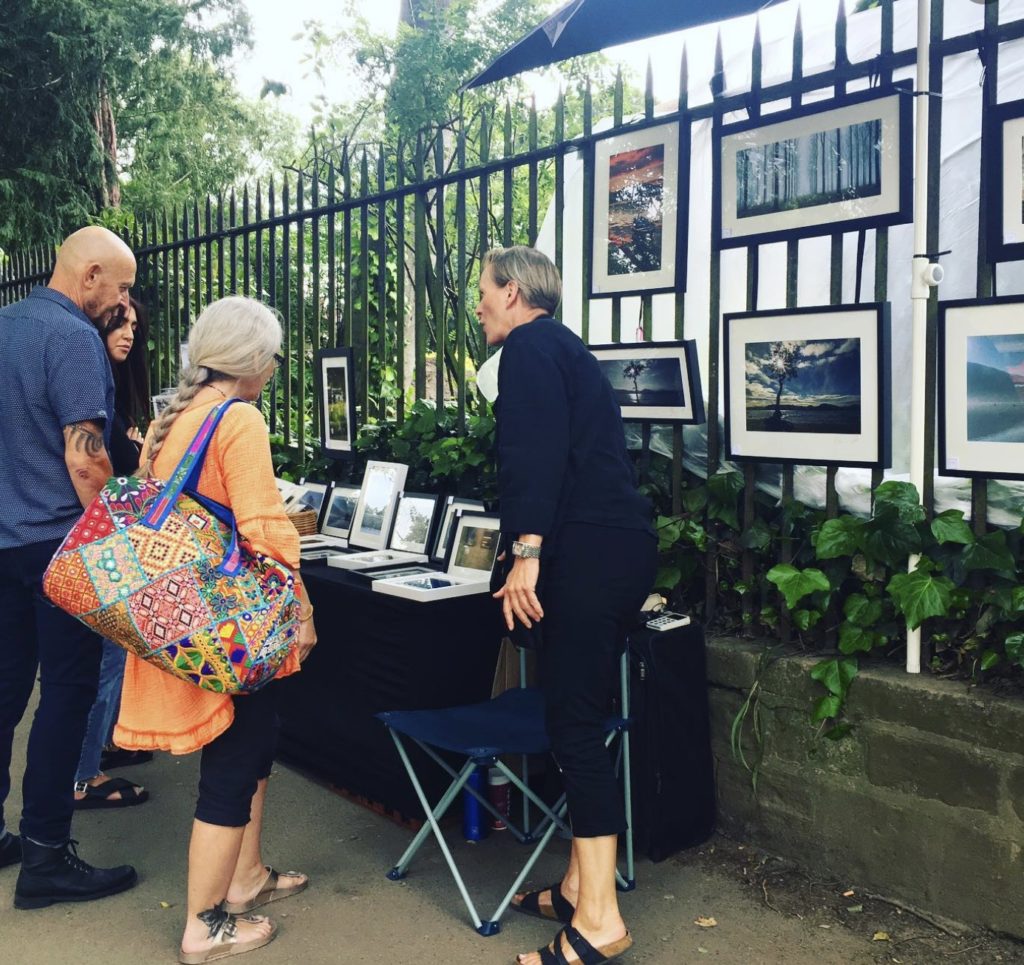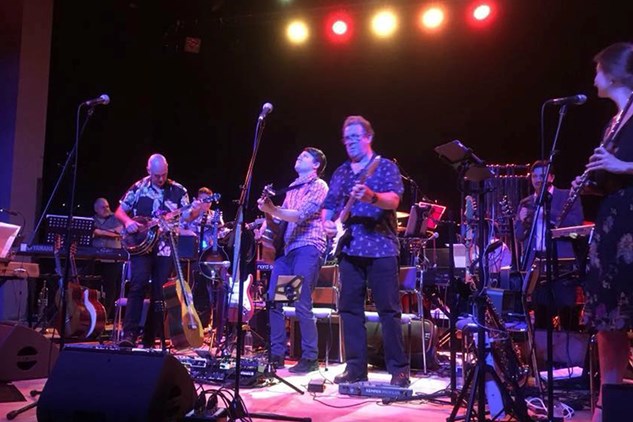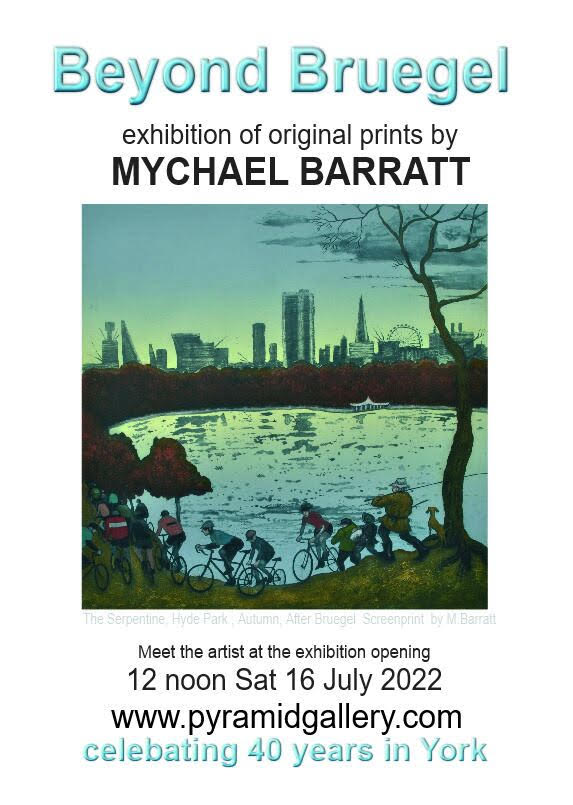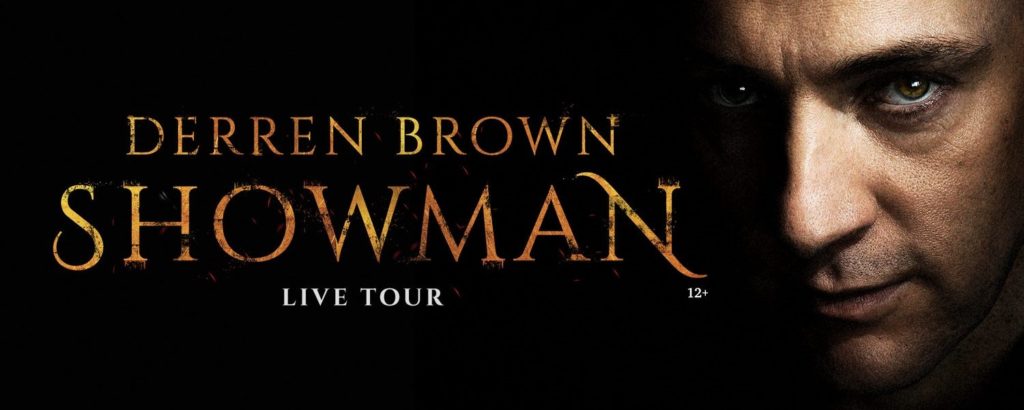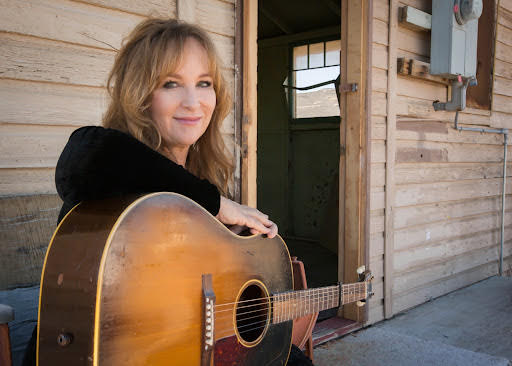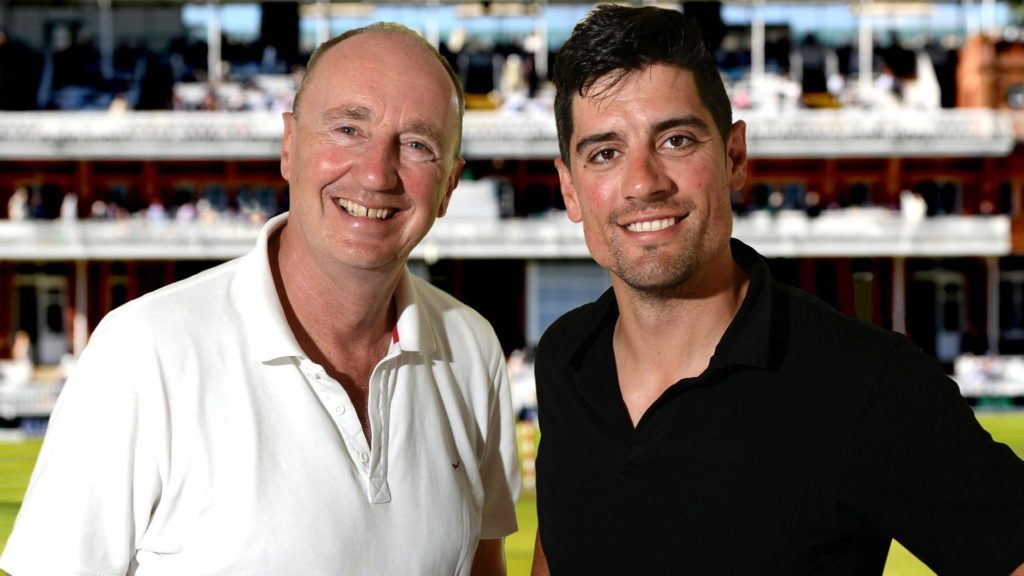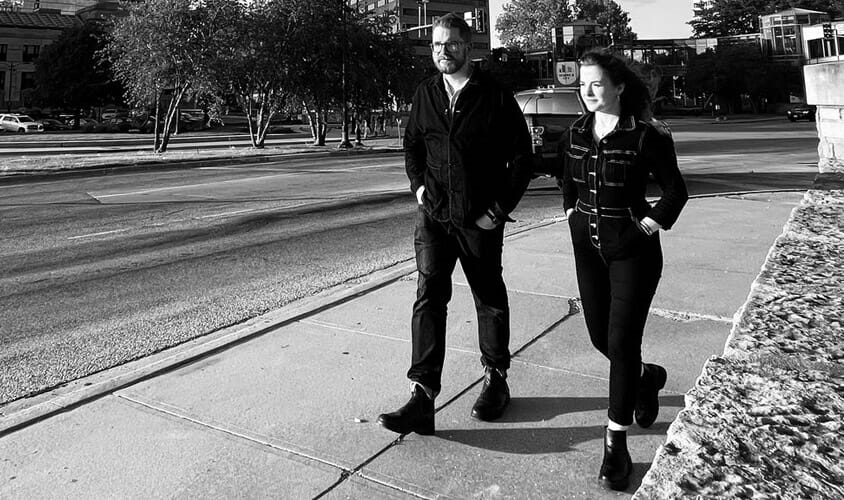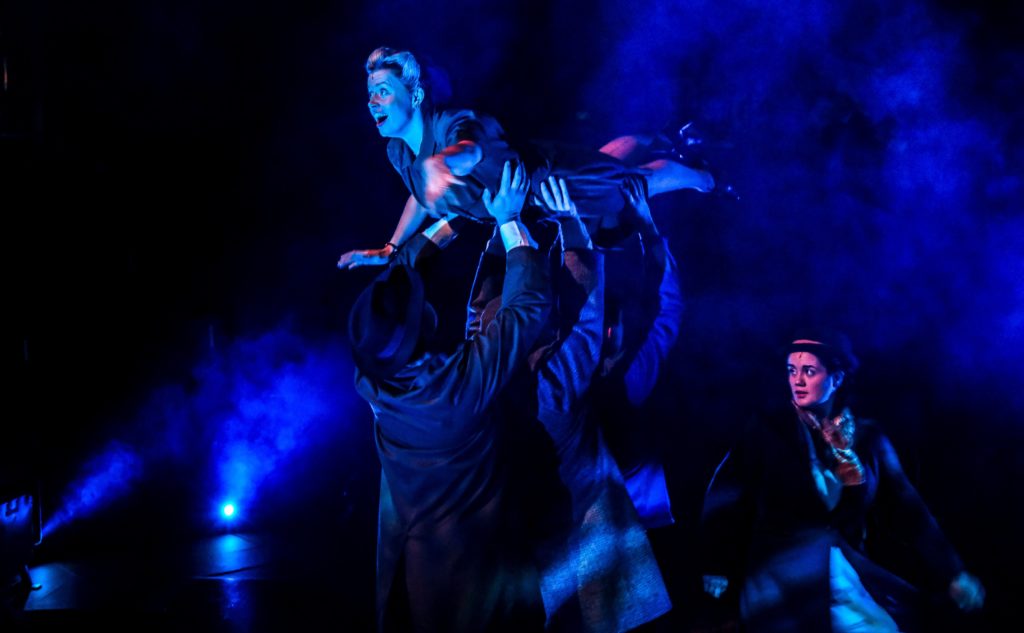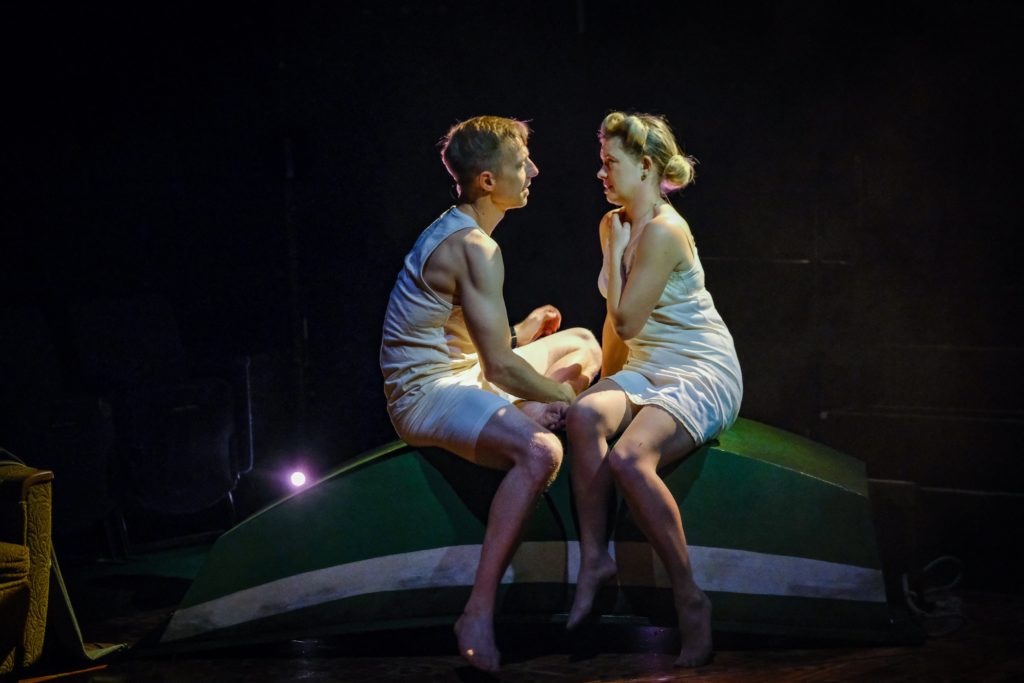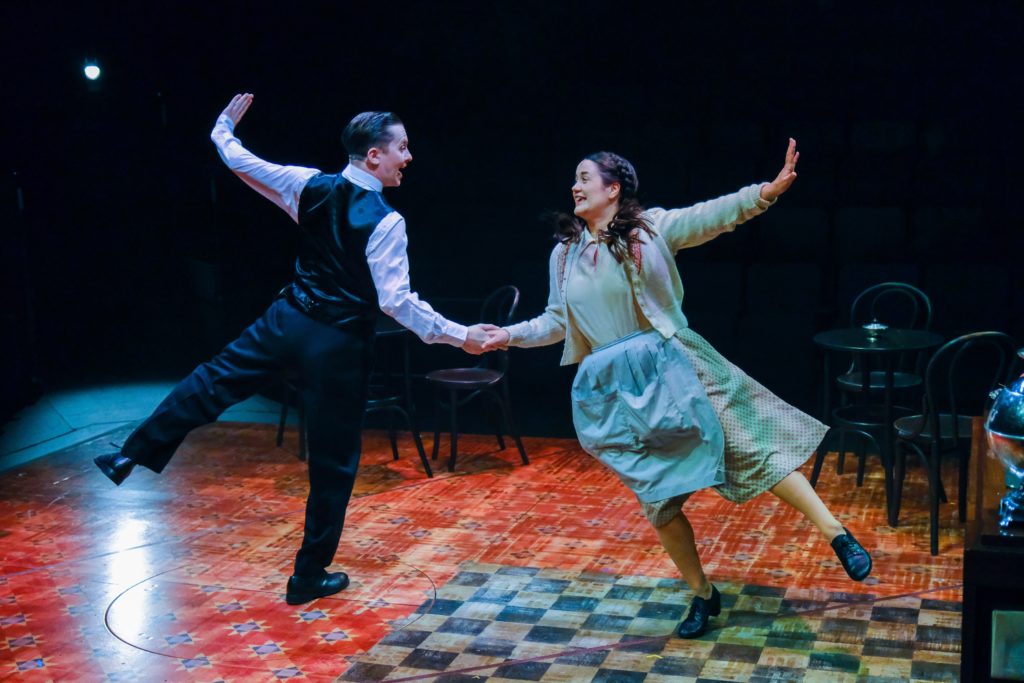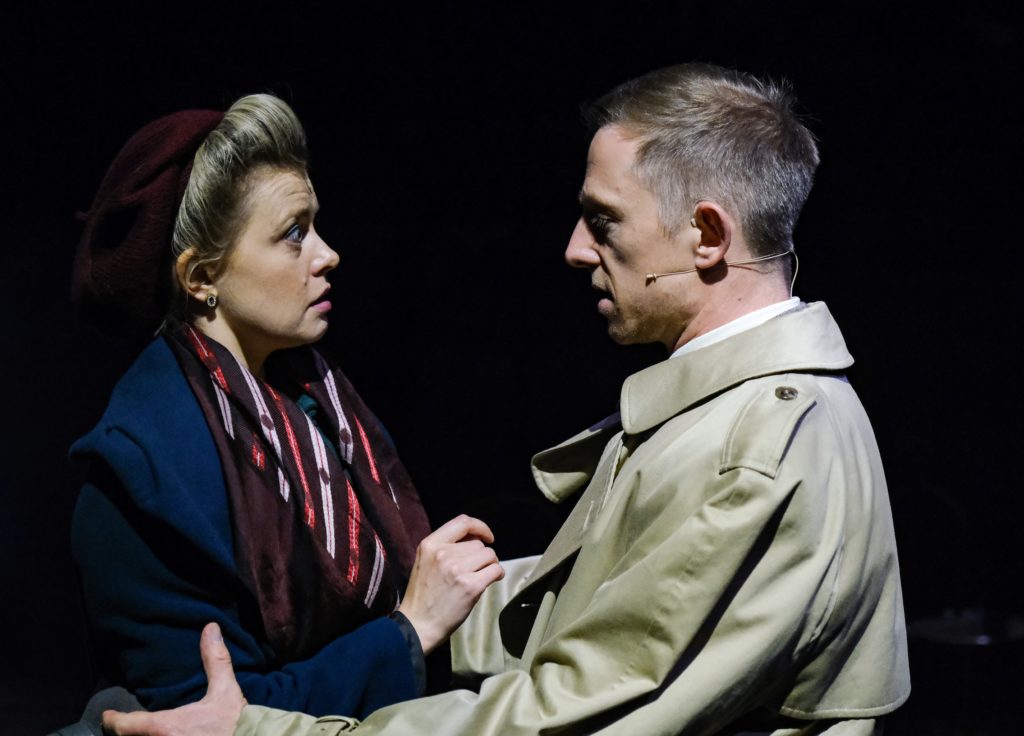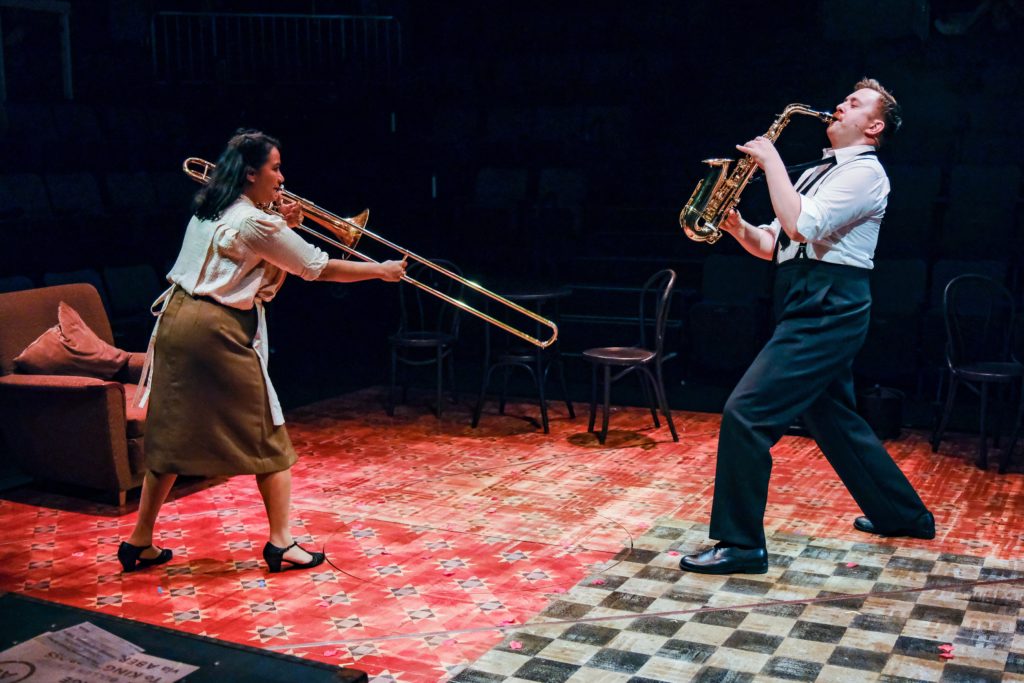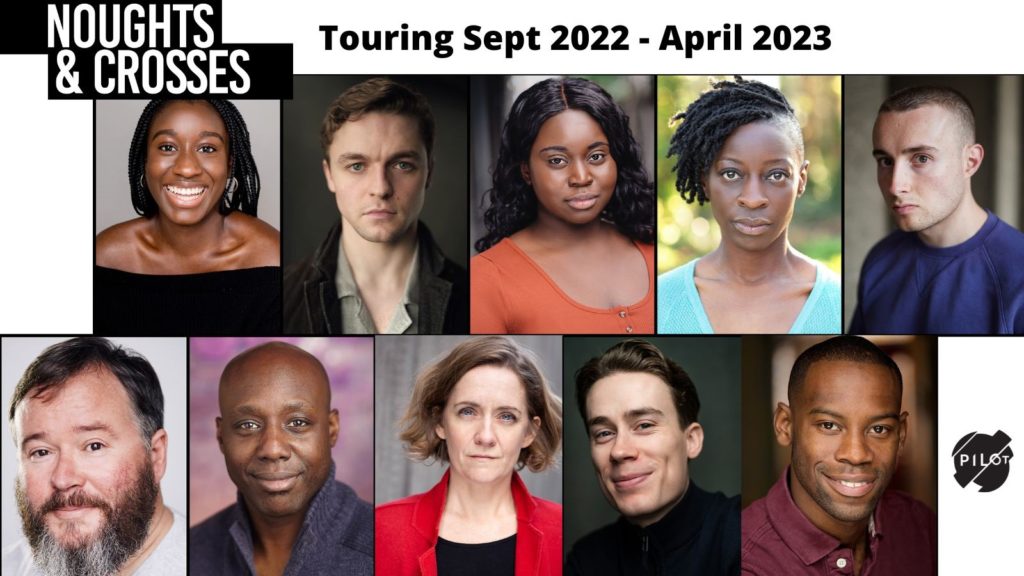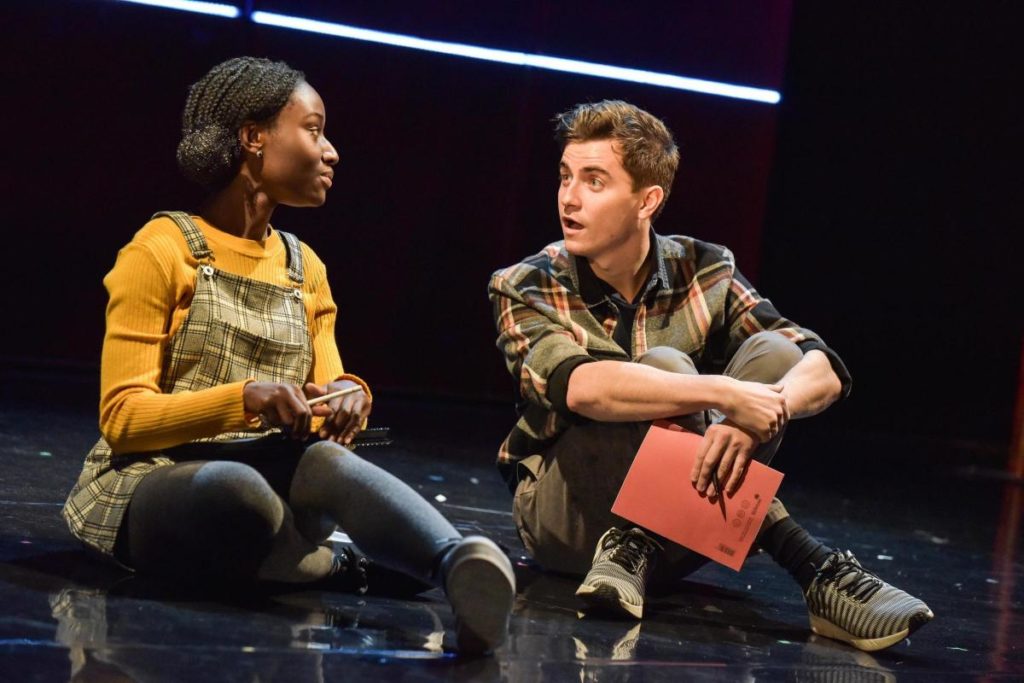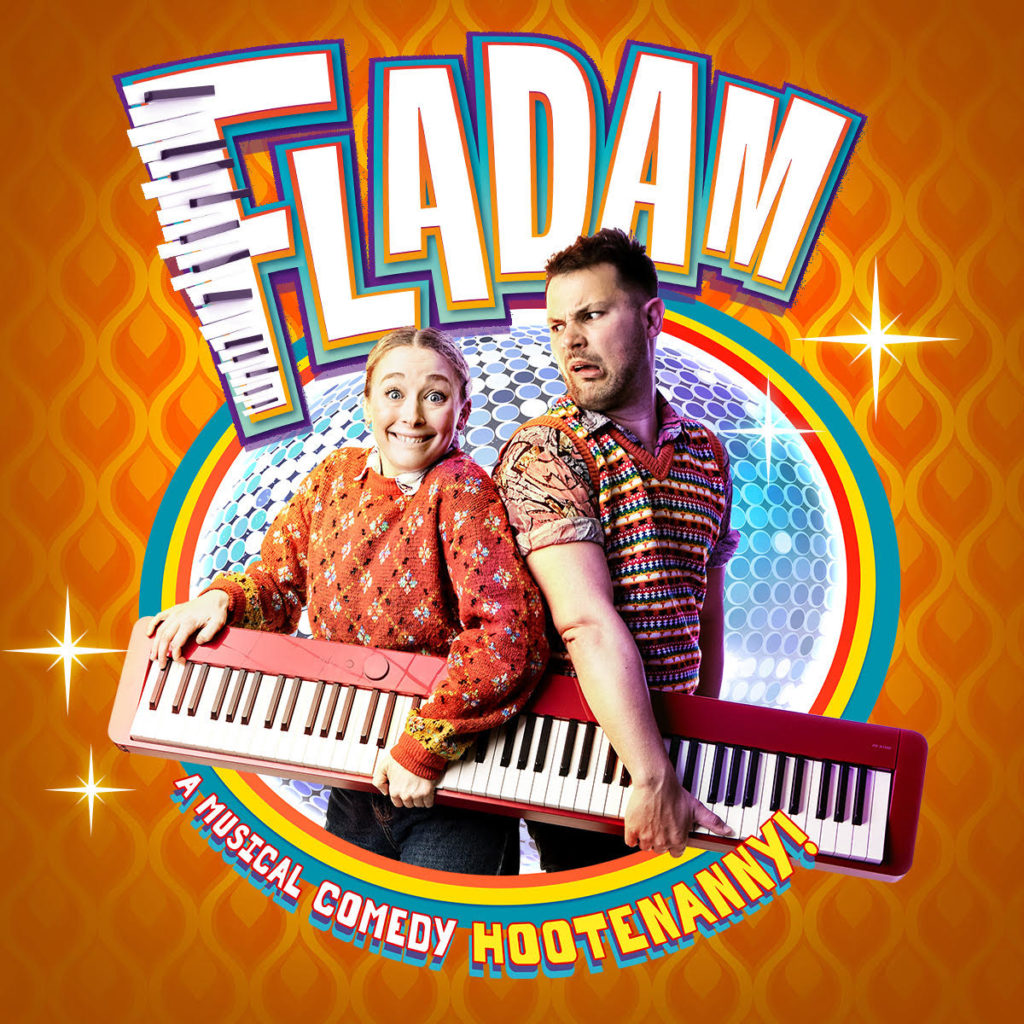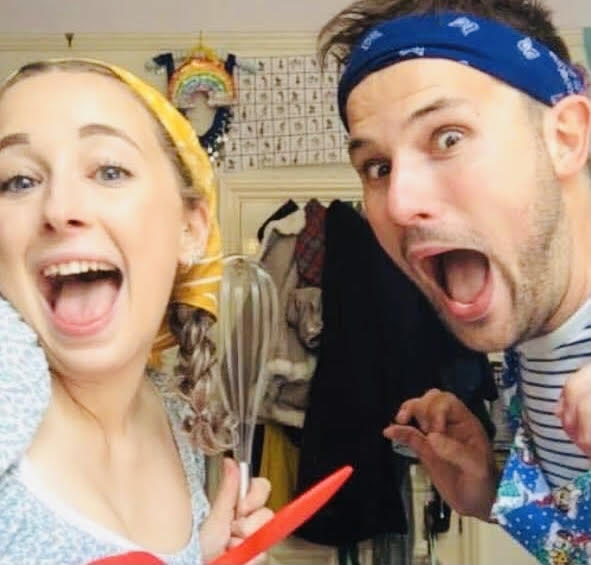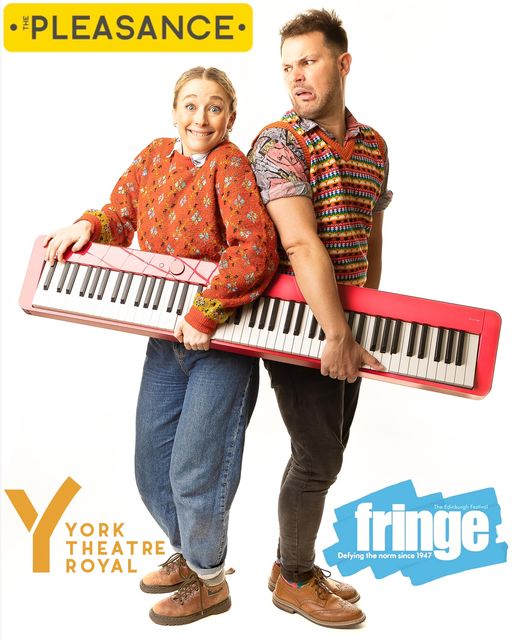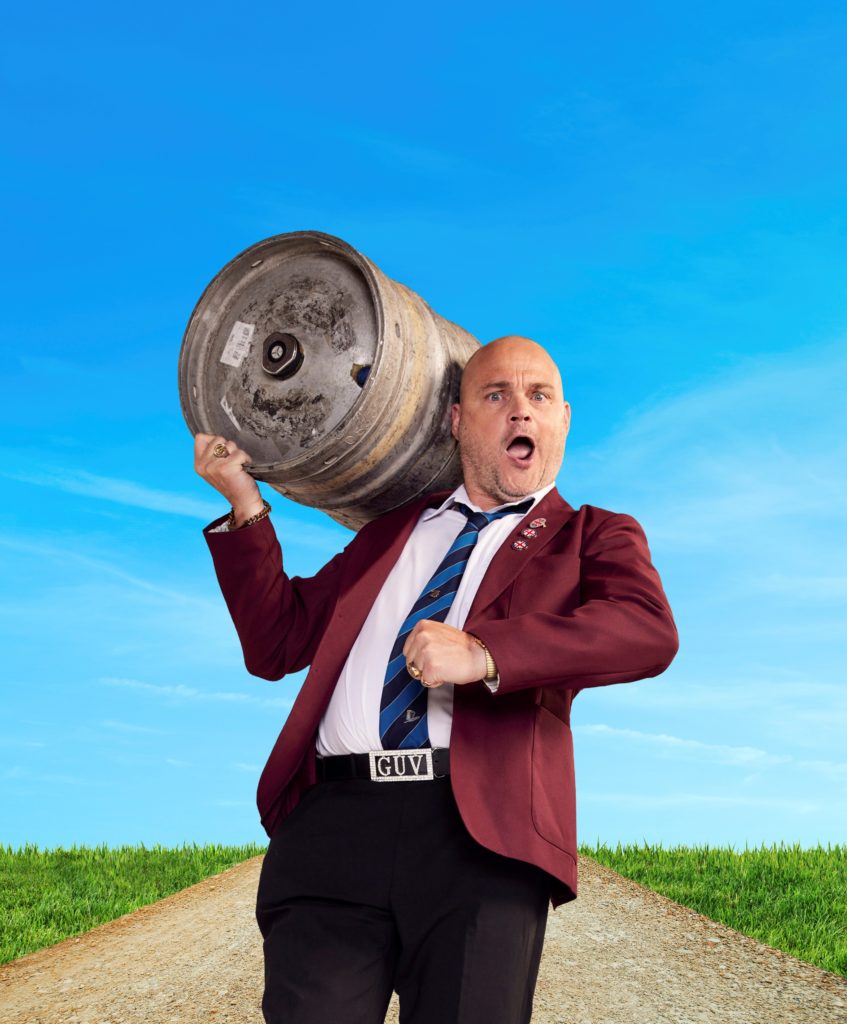
FOOD and food for thought, pub concert and Pub Landlord, outsider comedy and family drama whet Charles Hutchinson’s appetite.
Comedy gig of the week in York: Al Murray: The Pub Landlord, Gig For Victory, Grand Opera House, York, Thursday, 7.30pm
“AS the dust settles and we emerge blinking into the dawn of a new year, the men and women of this great country will need answers,” reckons the Guvnor, Al Murray. “Answers that they know they need, answers to questions they never knew existed.”
When that moment comes, who better to show the way, to provide those answers, than the people’s man of the people, Murray, The Pub Landlord? Cue his pugnacious bar-room wisdom in the refurbished Grand Opera House. Box office: 0844 871 7615 or atgtickets.com/York.
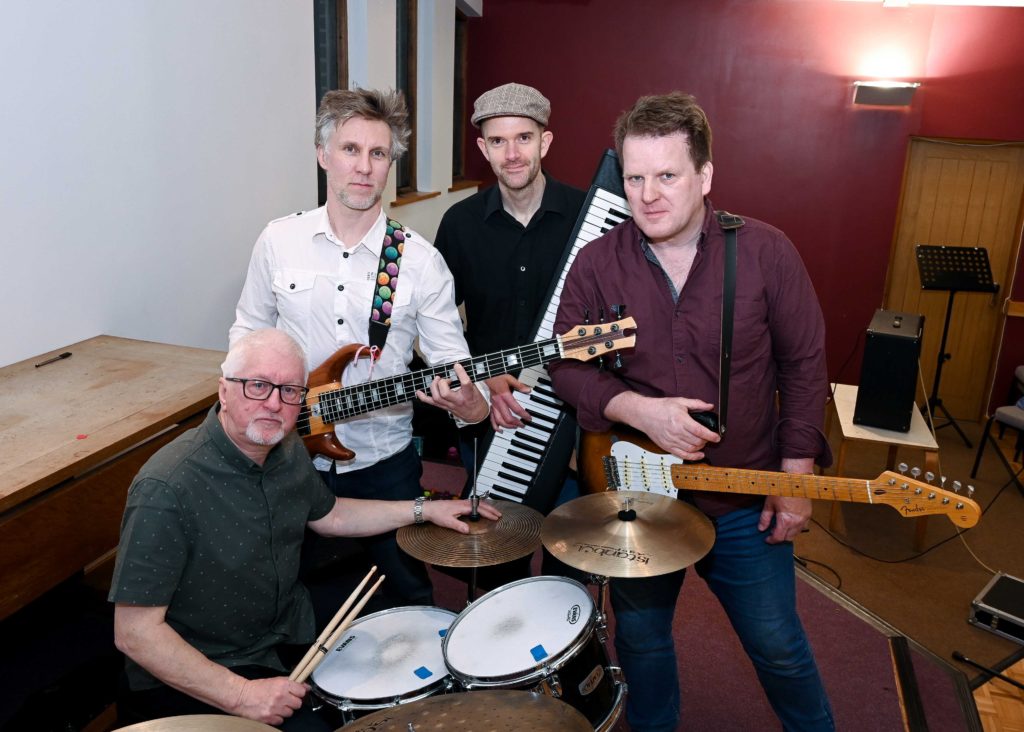
Pub gig of the week: Miles and The Chain Gang, The New Smithy Arms, Malton Road, Swinton, near Malton, tonight (27/8/2022), 9pm
YORK band Miles and The Chain Gang are heading to the New Smithy Arms gastro pub this weekend.
“It’s our first time performing in the Malton area,” says songwriter and singer Miles Salter. “We’ll be playing a selection of our own songs, plus some old classics from Bob Dylan, Joni Mitchell and The Rolling Stones.”
Latest single Love Is Blind has been aired 400 times on radio stations around the world, YouTube views of the band have topped 50,000 and their 2022 gig diary has taken in Doncaster, Harrogate and Helmsley.

Festival of the week: Malton Summer Food Lovers Festival, today (27/8/2022) and tomorrow from 9am, Bank Holiday Monday, from 10am.
THIS is the second Malton Food Lovers Festival of 2022, taking over the streets of “Yorkshire’s food capital” for three days in a celebration of fine produce and cooking.
Expect artisan stalls, street food, talks, tastings, celebrity chefs, cookery and blacksmith demonstrations, a festival bar, buskers, brass bands and Be Amazing Arts in the Creativitent.
Look out for Tommy Banks, from The Black Swan, Oldstead, and Roots, York, on the festival demo stage today at 1pm. Festival entry is free.

Comedy gigs of the week outside York: Daniel Kitson: Outside, At The Mill, Stillington Mill, near York, Monday (29/8/2022) to Wednesday, 7.30pm
DENBY Dale stand-up comedian Daniel Kitson had not been on stage for two years when he contacted At The Mill promoter Alexander Flanagan Wright to say “hello, could I come and do a show?”.
Not one show, but six work-in-progress gigs, performed in two sold-out blocks from May 23 to 25 and June 8 to 10. He enjoyed the Mill outdoor experience so much, he has added a third run for August’s dying embers.
Tickets have flown again for the latest chance to watch Kitson “find out whether he can still do his job and what, if anything, he has to say to large groups of people he doesn’t know”. For returns only, contact atthemill.org.
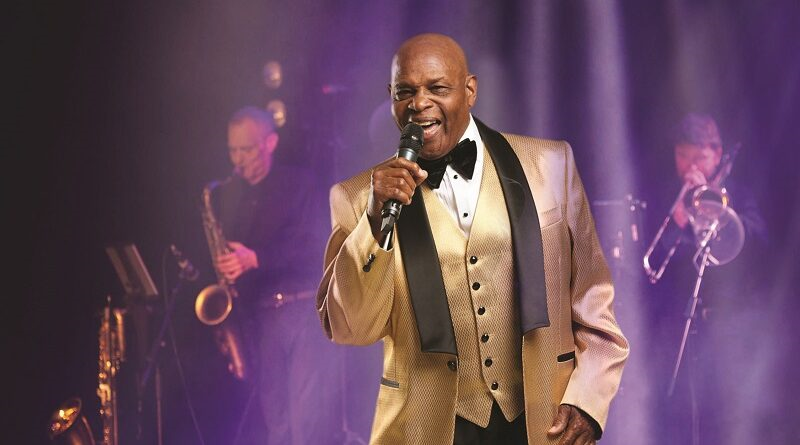
History show of the week: The Story Of Soul, Grand Opera House, York, Wednesday, 7.30pm
FROM the producers of Lost In Music and The Magic Of Motown comes The Story Of Soul with special guest Mel Day, “The Soul Man” from Britain’s Got Talent.
This journey through the history of sweet soul music takes in the songs of Aretha Franklin, Earth Wind And Fire, James Brown, Wilson Pickett, Sam & Dave, Chaka Khan, Tina Turner, The Pointer Sisters, Luther Vandross, Whitney Houston, Ben E King, Barry White and plenty more. Box office: 0844 871 7615 or atgtickets.com/York.
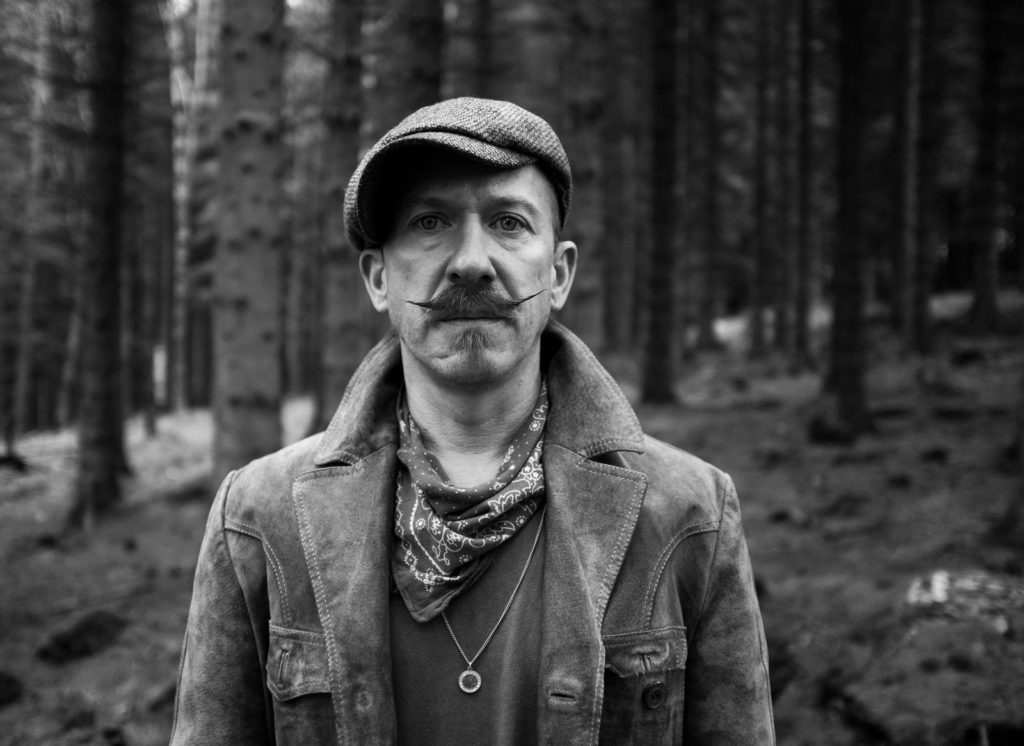
Blues gig of the week: Foy Vance, Signs Of Life Tour, York Barbican, Wednesday, 7.50pm
NORTHERN Irish singer-songwriter Foy Vance plays York Barbican in support of his fourth studio album, Signs Of Life, in a gig rearranged from March 25.
The redemptive record finds Bangor-born Vance – husband, father, hipster, sinner, drinker – belatedly coming to terms with his demons in his late-40s.
The storytelling bluesman, survivor, rocker and folk hero calls Signs Of Life “an album of dawn after darkness, hope after despair, engagement after isolation, uplift after lockdown”. Box office: yorkbarbican.co.uk.
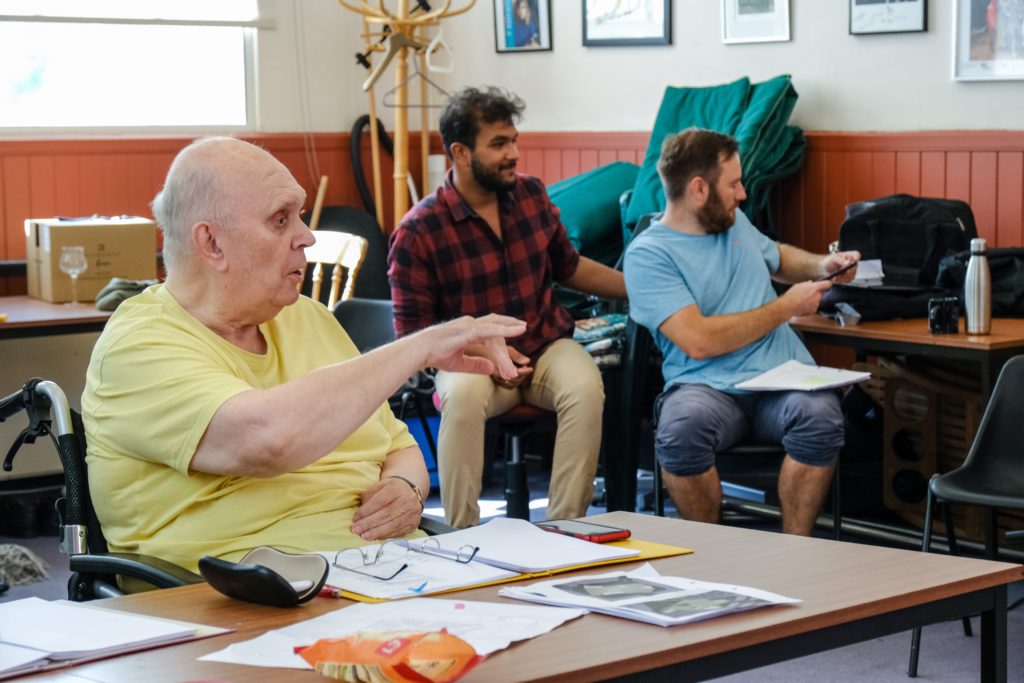
Play launch of the week: Alan Ayckbourn’s Family Album, Stephen Joseph Theatre, Scarborough, Friday to October 1
FAMILY Album, his 87th full-length play, is written, directed and sound designed by Alan Ayckbourn for its world premiere in The Round at the SJT.
Ayckbourn tenderly chronicles the trials, tribulations and temptations of three generations of one family across 70 years in the same home.
Join RAF veteran John and housewife Peggy as they proudly move into the first home they can really call their own in 1952; daughter Sandra, frantically negotiating the challenges of a ten-year-old’s birthday party without her AWOL husband in 1992, and granddaughter Alison, finally escaping the house she has somewhat unwillingly inherited in 2022. Box office: 01723 370541 or sjt.uk.com.
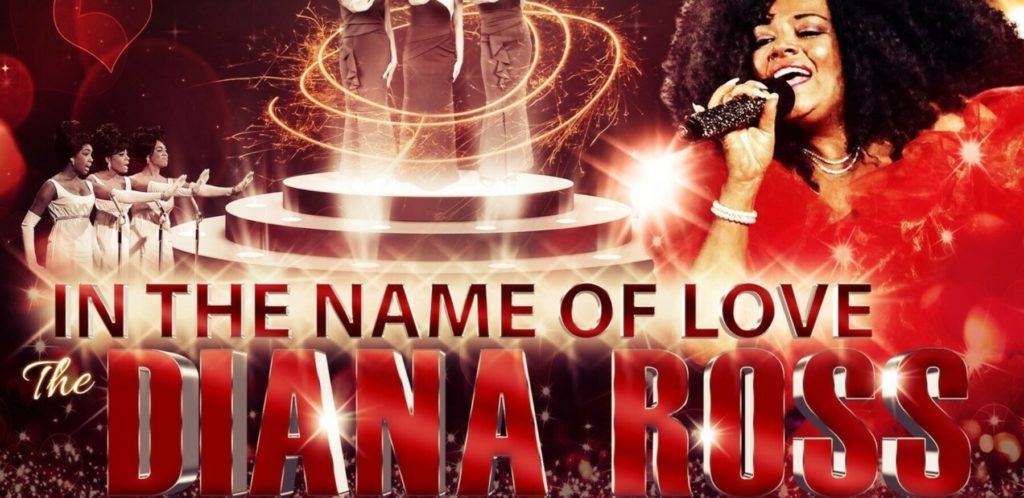
Tribute show of the week: In The Name Of Love, The Diana Ross Story, York Barbican, September 3, 7.30pm
IN the wake of Diana Ross headlining the Platinum Party At The Palace at 78 and playing Leeds First Direct Arena in June with a 14-piece band, here comes the tribute show.
In a chronological set list, Cheri Jade takes on The Supremes’ catalogue before Tameka Jackson handles the solo Diana years.
Here come Where Did Our Love Go, Baby Love, Stop In The Name Of Love, Reflections, You Keep Me Hanging On, You Can’t Hurry Love, Stoned Love, Ain’t No Mountain High Enough, Touch Me In The Morning, Upside Down, My Old Piano, I’m Coming Out and Chain Reaction. Box office: yorkbarbican.co.uk.

